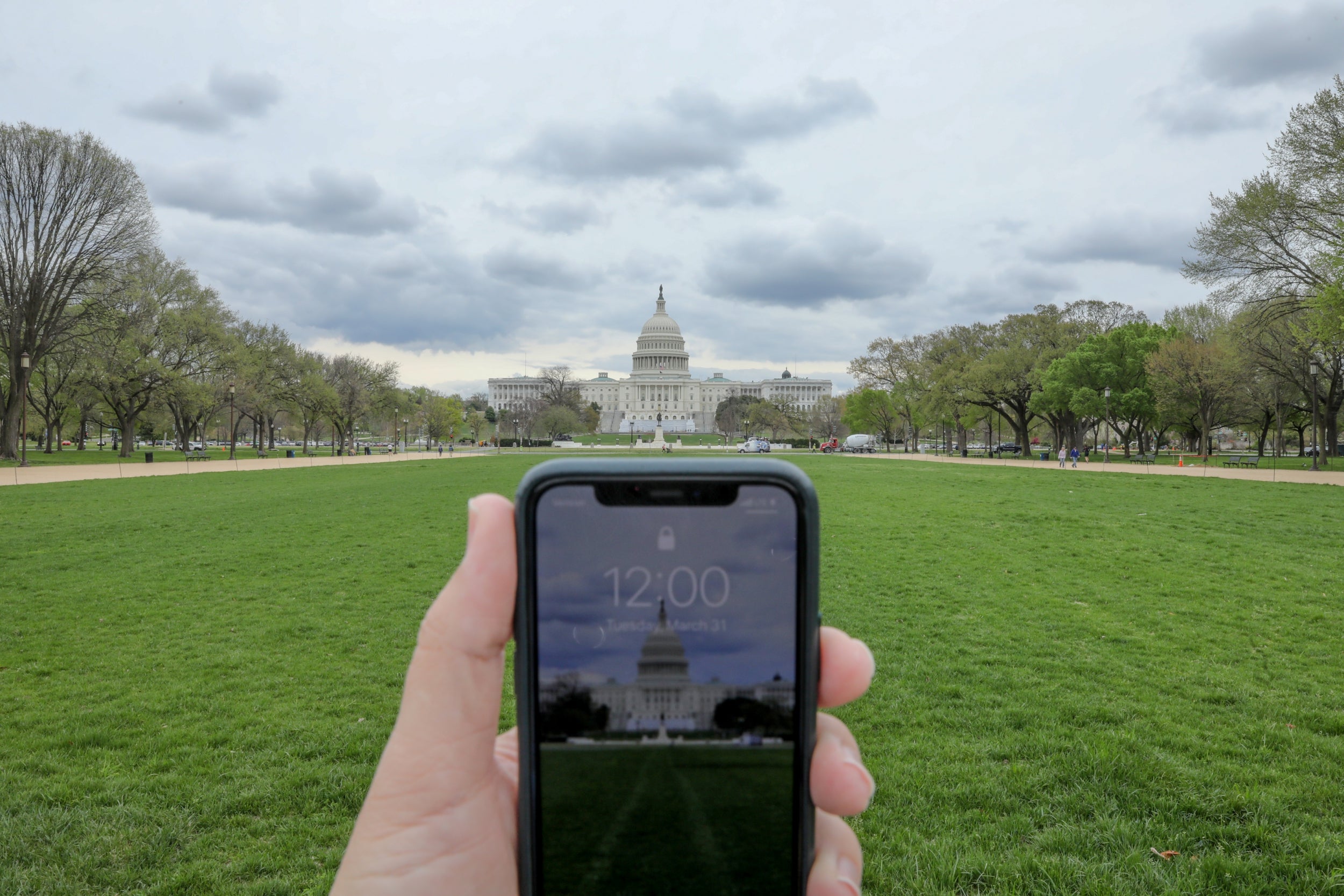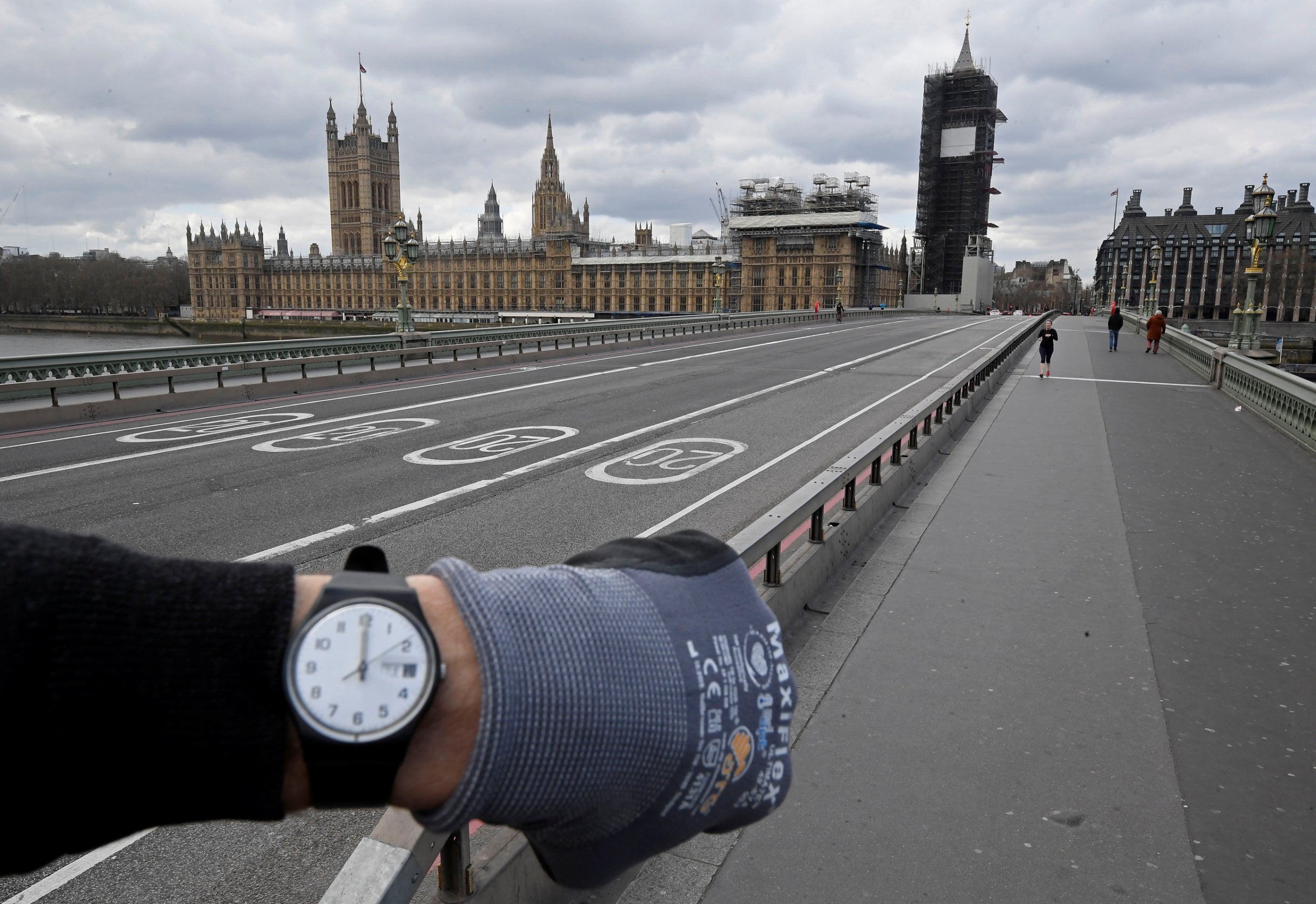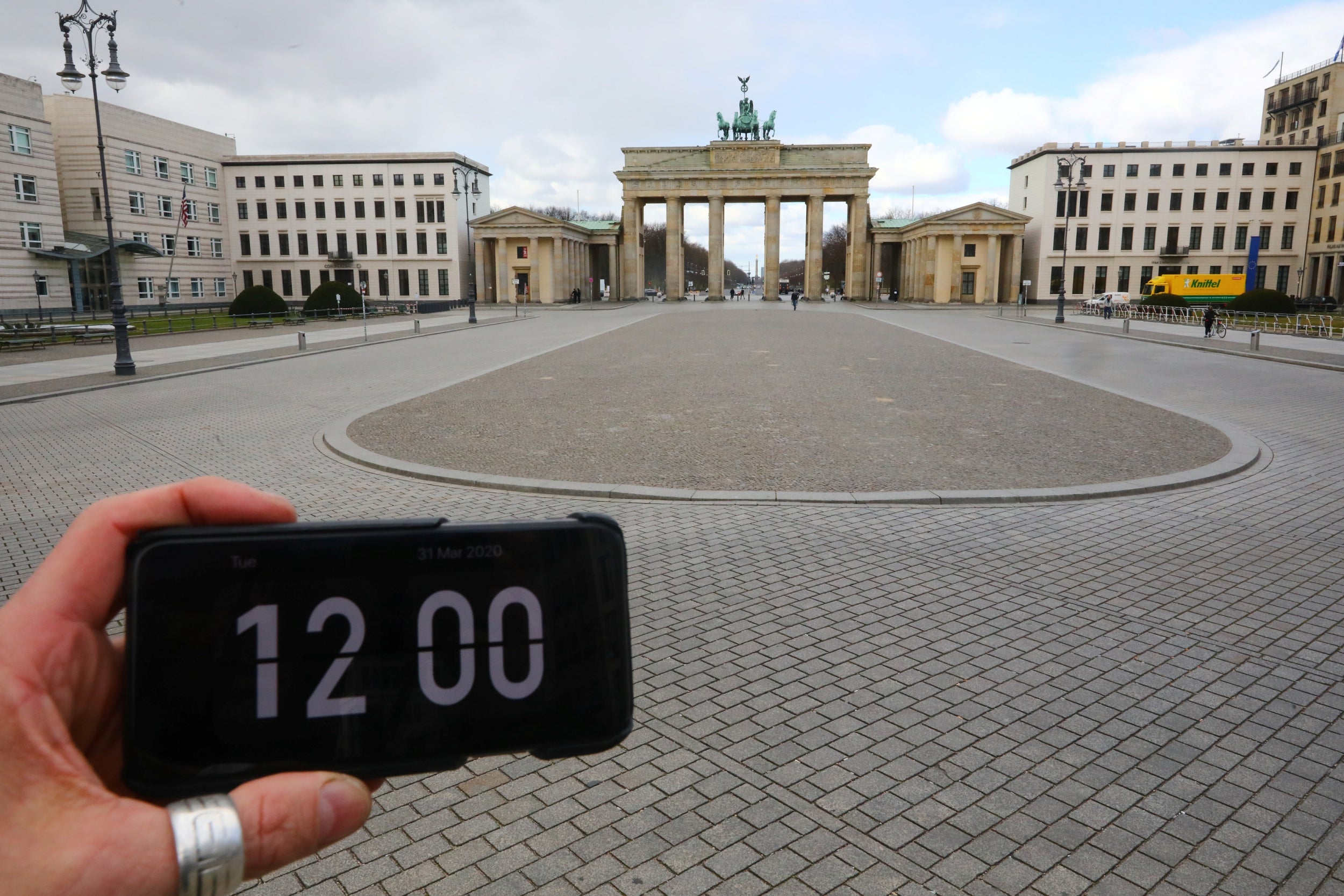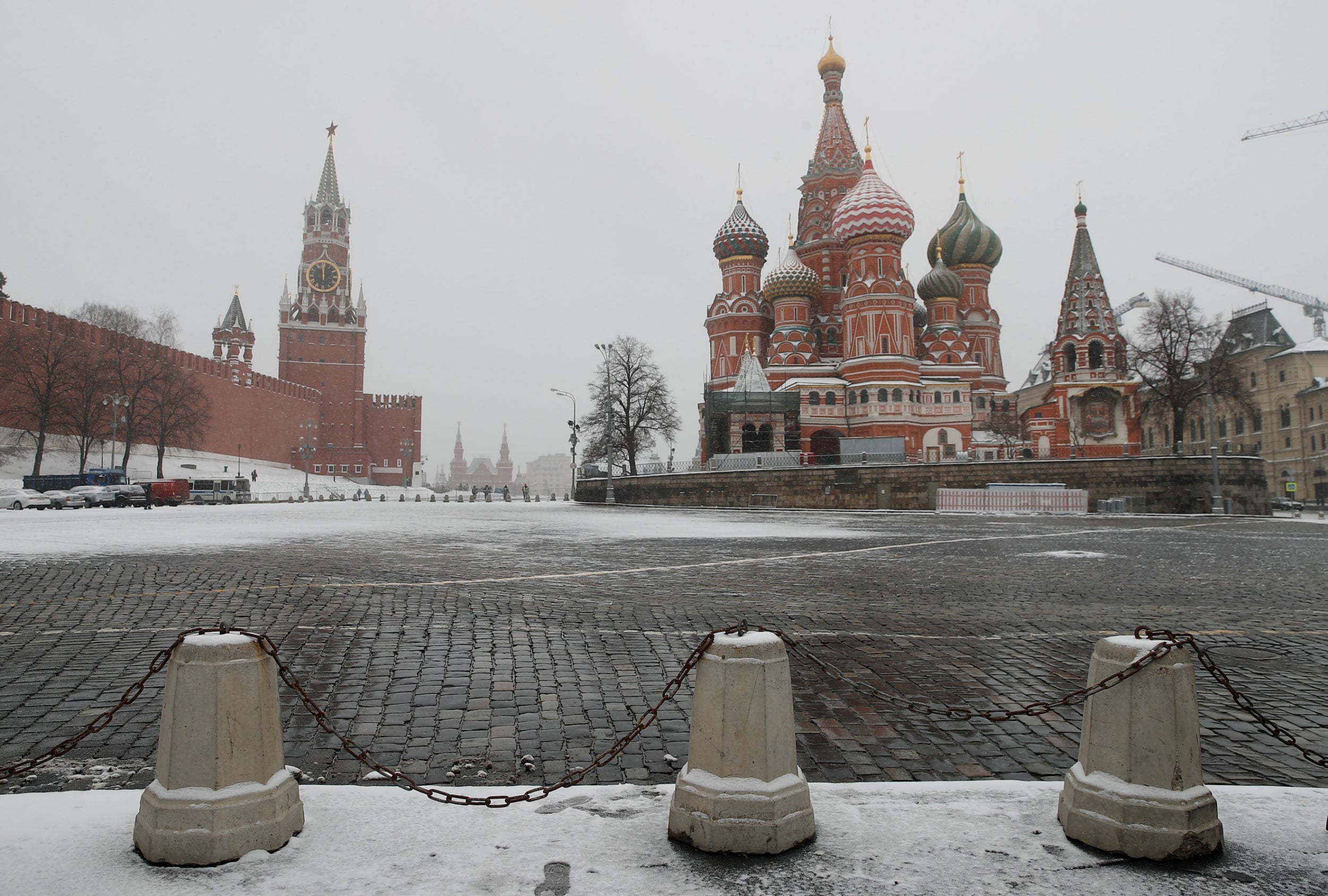The government was warned in 2017 that its communications strategy in the event of a pandemic had significant shortcomings and could be confusing to the public, a leaked official report has shown.
The document, marked “official sensitive”, was drawn up by Public Health England to detail lessons learnt during a mock pandemic exercise held by the government the year before called Exercise Cygnus.
It warned that messages put out by the government lacked coordination and that major policy announcements during the exercise were liable to be unveiled in a haphazard manner – reflecting criticism of the ministers’ actual approach to the coronavirus lockdown.
Download the new Independent Premium app
Sharing the full story, not just the headlines
The government was widely criticised early in the Covid-19 pandemic for trailing major policies such as social distancing measures with haphazard anonymous briefings to individual journalists – sowing confusion about what was to come.
A similarly informal approach has appeared to emerge to the possible easing of lockdown measures, with “senior government sources” trailing the relaxation of various measures in absence of any official announcement. New reports that “stay at home” messaging is to be scrapped – with no official announcement so far – have also provoked confusion.
The report, first obtained by The Guardian newspaper, also:
- Advised that the UK was not adequately prepared for the “extreme demands” of a major flu pandemic
- Forewarned concerns that a pandemic could put huge pressure on the social care system, where Covid-19 is killing thousands
- Warned of “silo” planning with different sectors not talking to each other and no overarching national plan
- Notes that the Foreign Office was not involved in the planning despite acknowledging that British nationals may need to be repatriated from overseas in the event of an outbreak
Matt Hancock, the health secretary, was asked about the report’s recommendations last month before it was leaked and said: “I asked my officials to go back when this first came up in the press a few weeks ago and check that everything that was recommended was done and that’s the assurance that I got.”
The report is scathing of the government’s communications approach during the mock influenza pandemic, an exercise that involved over 950 people from various government departments, the devolved administrations, the NHS, some local groups, and six prisons.
The latest news on Brexit, politics and beyond direct to your inbox
“Whilst messages issued at the local level and by some government departments provided useful advice to the public, the health messaging at the national level did not achieve the same effect,” it states.
“Information released from [the Department of] Health at the national level tended to be clinical and generic and failed to react to the exercise pseudo media stories that were posted on [a dummy news website used in the exercise].
“There was no communications strategy to accompany the key policy decision of the exercise which was to introduce population based triage. Communications briefings at Cobra concentrated on methods of developing and delivering messages rather than supporting public understanding of specific policy issues.”
The report also warned that “health messaging at the national level within England failed to provide specific advice to the public or responding organisations. There seems to be little consideration of pre-prepared messages for the public other than very basic health advice and technical messages, reporting that organisations were responding.
“They did not provide any context or additional information around the announcement of the move to population triage; for example it could have explained what this meant, its potential impact on the public, and an explanation as to why it was necessary.”
Spelling out one recommendation from observing the exercise, the report adds: “Pandemic communications plans should be developed to ensure they provide necessary reassurance, provide adequate levels of information to the public across the UK and are tailored for specific policy interventions where required.
“Procedures for coordination of messages to the public should be reinforced and practised by the [Department of Health], NHS England and [Public Health England] national teams alongside colleagues from the devolved administration.
“Conflicting messages from [Public Health England] and NHS England may have led to confusion for the public. For whilst there was no requirement to change the advice for infection, prevention and control communicated by PHE on learning the exercise ‘news’ on 18 October regarding the coming peak of the pandemic, the public perception of risk might have changed.”


1/18 Najaf, Iraq
A man holds a pocket watch at noon, at an almost empty market near the Imam Ali shrine
Reuters

2/18 Bangkok, Thailand
Wat Phra Si Rattana Satsadaram (The Temple of the Emerald Buddha, part of The Grand Palace)
Reuters

3/18 Prague, Czech Republic
An empty street leading to the historic Old Town Square
Reuters

4/18 Washington DC, US
Lawn stretching towards the Capitol, home of Congress
Reuters

5/18 Jerusalem’s Old City
A watch showing the time in front of Damascus Gate
Reuters

6/18 London, UK
The Houses of Parliament seen from Westminster Bridge
Reuters

7/18 Wuhan, China
Empty lanes in the city that saw the first outbreak of disease
Reuters

8/18 Havana, Cuba
The Malecon road and esplanade winds along the city’s seafront
Reuters

9/18 Cairo, Egypt
A little busier than elsewhere: midday traffic in Tahrir Square
Reuters

10/18 Berlin, Germany
The Brandenburg Gate, the only surviving city gate in the capital
Reuters

11/18 Caracas, Venezuela
Bolivar Avenue, opened in 1949 and the site of many demonstrations and rallies
Reuters

12/18 Moscow, Russia
Spasskaya Tower (left) on the eastern wall of the Kremlin, and St Basil’s Cathedral
Reuters

13/18 Istanbul,Turkey
The harbourside Eminonu district is usually buzzing with activity
Reuters

14/18 New Delhi, India
Rajpath, a ceremonial boulevard that runs through the capital
Reuters

15/18 Amman, Jordan
The Roman amphitheatre that dates back to the 2nd century AD
Reuters

16/18 New York City, US
The main concourse of Grand Central station in Manhattan
Reuters

17/18 Kiev, Ukraine
Maidan Nezalezhnosti, the site of many political protests since the end of the Soviet era
Reuters

18/18 Accra, Ghana
The odd walker out in the midday sun on Ring Road Central
Reuters

1/18 Najaf, Iraq
A man holds a pocket watch at noon, at an almost empty market near the Imam Ali shrine
Reuters

2/18 Bangkok, Thailand
Wat Phra Si Rattana Satsadaram (The Temple of the Emerald Buddha, part of The Grand Palace)
Reuters

3/18 Prague, Czech Republic
An empty street leading to the historic Old Town Square
Reuters

4/18 Washington DC, US
Lawn stretching towards the Capitol, home of Congress
Reuters

5/18 Jerusalem’s Old City
A watch showing the time in front of Damascus Gate
Reuters

6/18 London, UK
The Houses of Parliament seen from Westminster Bridge
Reuters

7/18 Wuhan, China
Empty lanes in the city that saw the first outbreak of disease
Reuters

8/18 Havana, Cuba
The Malecon road and esplanade winds along the city’s seafront
Reuters

9/18 Cairo, Egypt
A little busier than elsewhere: midday traffic in Tahrir Square
Reuters

10/18 Berlin, Germany
The Brandenburg Gate, the only surviving city gate in the capital
Reuters

11/18 Caracas, Venezuela
Bolivar Avenue, opened in 1949 and the site of many demonstrations and rallies
Reuters

12/18 Moscow, Russia
Spasskaya Tower (left) on the eastern wall of the Kremlin, and St Basil’s Cathedral
Reuters

13/18 Istanbul,Turkey
The harbourside Eminonu district is usually buzzing with activity
Reuters

14/18 New Delhi, India
Rajpath, a ceremonial boulevard that runs through the capital
Reuters

15/18 Amman, Jordan
The Roman amphitheatre that dates back to the 2nd century AD
Reuters

16/18 New York City, US
The main concourse of Grand Central station in Manhattan
Reuters

17/18 Kiev, Ukraine
Maidan Nezalezhnosti, the site of many political protests since the end of the Soviet era
Reuters

18/18 Accra, Ghana
The odd walker out in the midday sun on Ring Road Central
Reuters
Despite the warnings when the real-world pandemic hit, the government was criticised for a number of similar mistakes: trailing major announcements in anonymous briefings to friendly journalists at handpicked outlets – causing confusion about what was to come. It was eventually pressured into holding daily press briefings with the prime minister and government scientists.
The last week has seen a spate of reports about what the government’s plan might contain, but ministers have only responded officially by saying the plan will be unveiled later – leading to increased speculation and uncertainty.
A government spokesperson said: “The UK is one of the most prepared countries in the world and, as the public would expect, we regularly test our plans. What we learnt from previous exercises helped us to rapidly respond to this unprecedented global crisis.
“We have followed a science-led action plan designed at all times to save lives and support our NHS. Our planning helped prevent the NHS being overwhelmed and means we are now moving past the peak of the virus.”



